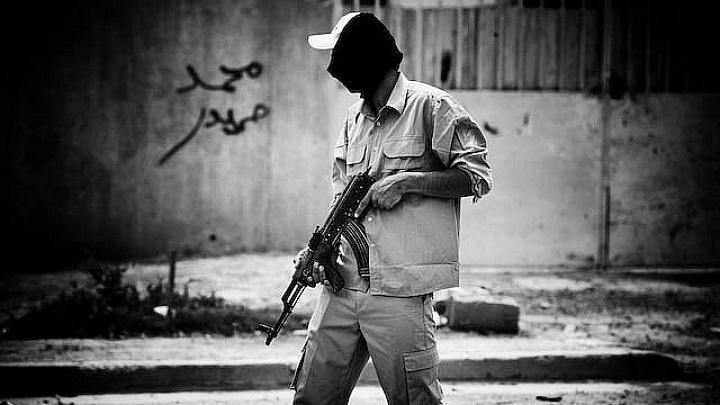
Recent history in Iraq shows that an effective way to achieve victory against ISIS would be to deprive it of its Sunni incubator. The United States previously experienced success in Iraq through implementing a similar strategy against ISIS’ al-Qaeda-linked predecessor through working with the Military Councils and the “Sons of Iraq” as part of the so-called Sunni Awakening. Mobilizing Iraqi Sunni against ISIS will not be an easy task and it would require a greater effort from the U.S. government and its allies than they have thus far shown. But Washington was successful in the same terrain before and it will be paired with surgical airstrikes against massed ISIS forces.
Some analysts have suggested that an American dialogue with Sunni leaders and militia commanders—especially those who fought al-Qaeda in Iraq jihadists before—would be helpful. As a former general in the Iraqi Army, serving both during the Saddam Hussein era and alongside American troops following his overthrow in 2003, I know and have worked with many of the tribal sheikhs and former military commanders who could be helpful in such an effort. Now, as an American, I believe the United States should begin immediate communications with Sunni commanders, Military Council commanders, and influential tribal sheikhs, utilizing previous experience with the “Sons of Iraq” or the awakening councils to rejuvenate that operation.
Getting Sunni Buy-In
This time, however, it will be necessary to give Sunni leaders strong incentive to oppose ISIS by giving them a real stake in the future of a united Iraq. When the United States turned control of the Sunni “Sons of Iraq” movement over to the Shia-dominated government of Nuri al-Maliki, many Sunnis saw it as a betrayal. They had good reason to. Al-Maliki refused to integrate Sunni militias into the national military structure. This action, part of the sectarian divide between Sunni and Shia throughout the region, caused a division in loyalties and is the reason Iraqi government forces were in no rush to defend Anbar from ISIS and why ISIS found fertile ground in the Sunni Triangle of western Iraq.
Rebuilding ties with the “Sons of Iraq” or starting a new Sunni Awakening will not be easy, but the U.S. has successfully applied this strategy before. It would require putting pressure on Baghdad to grant Sunni concessions in return for expelling ISIS.
Another Sunni Awakening will require granting Sunnis sustainable and rewarding gains this time around. In the short term, it will require immediate funding and material support for a renewed military effort. Sunni leaders, however, will be interested in long term assurances that they will not be left out again. They will likely demand increased provincial powers; reviews of the sentences of Sunni leaders arrested by government forces; for the national police and armed forces to be formed from all provinces (not just Shia areas) and report to the governor, not to the commander-in-chief or the prime minister; and for the central government of Iraq to fairly and equally dis
